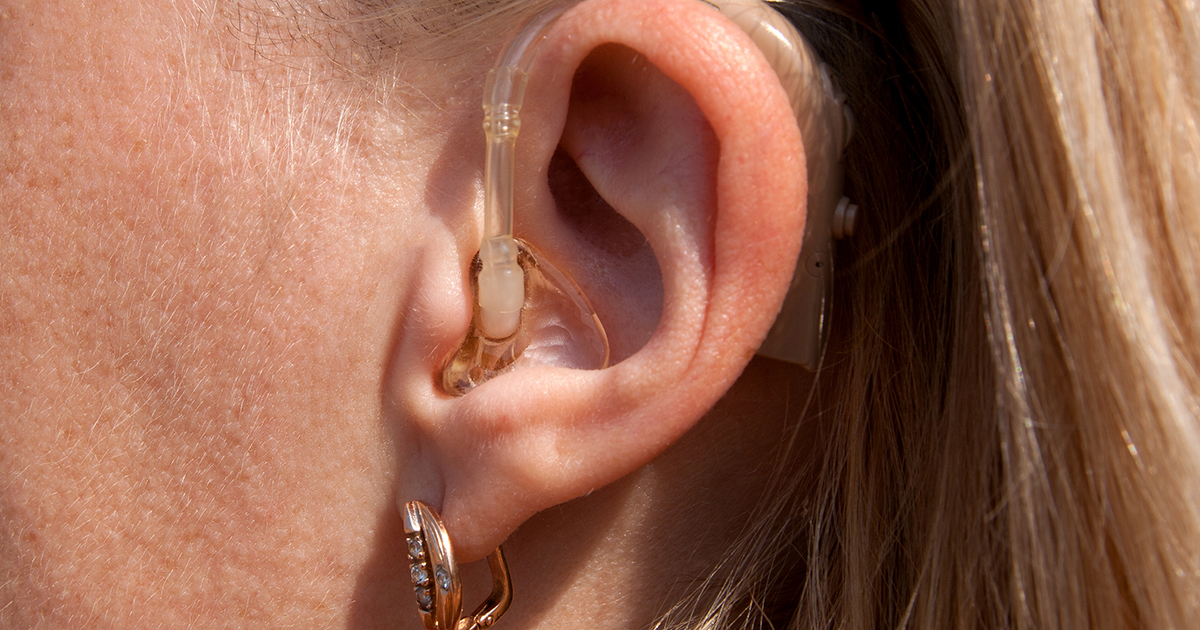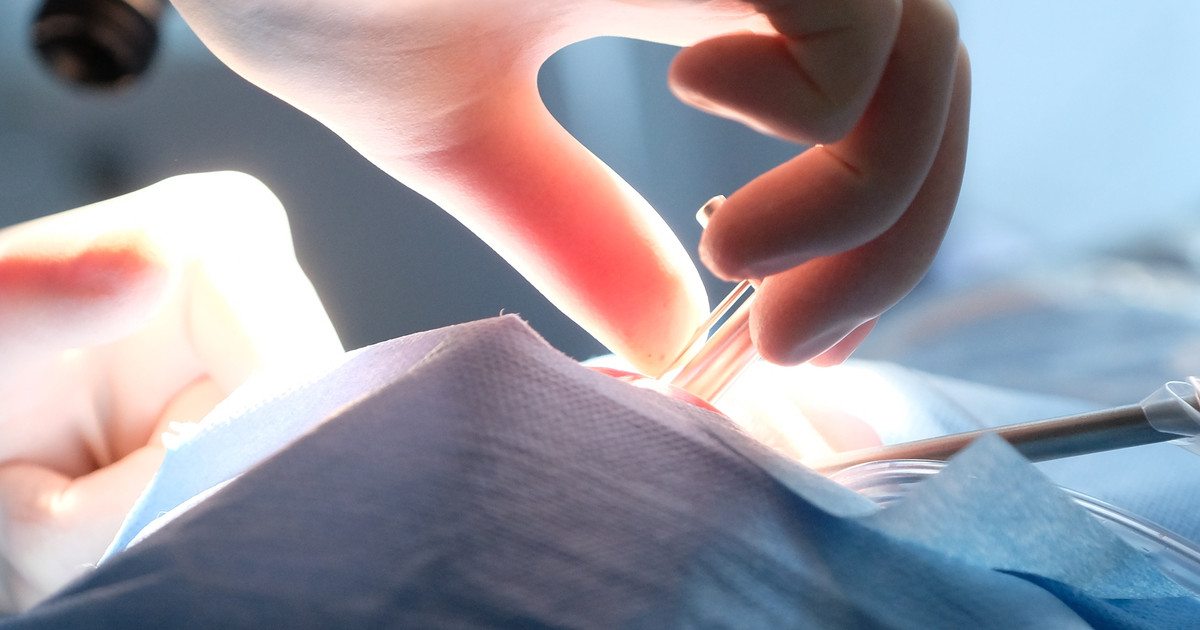Treatment Options For Meniere's Disease
Meniere’s disease is debilitating and affects millions of individuals around the world. The disease usually affects only one ear, though it also progressively worsens and often leads to permanent hearing loss. Symptoms include vertigo, a spinning sensation; tinnitus, a ringing or buzzing sound in the ear; and a feeling of fullness in the ear. Fluctuating hearing loss is also a common symptom of this disease. While a cure is not available, managing Meniere’s disease is possible. The type of treatment will vary for each person and also depends on the severity of their symptoms.
Hearing Aids

Individuals who suffer from hearing loss symptoms will benefit from hearing aids. There are many types and in many styles, but all improve hearing. A completely-in-the-canal (CIC) hearing aid is customized for each patient and inserted inside the ear canal. A CIC hearing aid is suitable for mild to moderate hearing loss and barely visible. An in-the-ear (ITE) hearing aid is suitable for mild to severe hearing loss. It’s more visible than a CIC, but the trade-off is it picks up more sound. A behind-the-ear (BTE) hearing aid is appropriate for all levels of hearing loss. This makes it a viable option for individuals who don’t want to change their hearing aid as their hearing loss worsens. Regardless of the type or style chosen, they will make it easier to deal with Meniere’s disease.
Motion Sickness Medication

Vertigo is one of the severest symptoms because it can make a person physically ill. It can occur spontaneously and result in severe dizziness, nausea, and vomiting. Controlling and alleviating these symptoms are possible with medications. Some types help reduce spinning sensations, which is a particularly harmful symptom because a patient can lose balance and become injured. Nausea and vomiting symptoms can also be reduced with proper treatment, natural options included. The right combination may take some trial and error, and it’s important to work closely with a doctor to find the most effective option.
Meniett Device

Individuals who suffer from vertigo due to their Meniere's disease can also benefit from Meniett therapy. This minimally invasive therapy uses a small portable device that relieves symptoms. It works by generating soft micro pressure pulses through an earpiece placed in the outer ear. The soft pulses then reach the middle of the ear through a small ventilation tube. This ultimately results in normalizing pressure in the ear and relieves vertigo symptoms. The procedure to insert the ventilation tube is necessary for using the Meniett device. It normally takes about ten to twenty minutes to complete at a doctor’s office. After the procedure, the person goes home. Meniett therapy treatments are typically three times a day and each lasting five minutes. This form of therapy is effective and a good alternative to more invasive methods.
Middle Ear Injection

This treatment is used to reduce vertigo episodes and their severity and involves a steroid injection into the affected ear. The procedure takes about thirty minutes, and some doctors use a numbing agent to minimize pain. The risks of these injections may include temporary dizziness and bleeding. There is also a one percent chance the hole caused by the injection remains in the eardrum. In such a case, surgery may be required to heal the hole.
Patients who undergo this treatment can expect a change in their symptoms after three days. Medical studies have shown approximately eighty-seven percent of patients have experienced improvements. Middle ear injection treatment is an option for patients whose symptoms haven’t improved with minimally invasive therapy.
Surgery

Surgical procedures are an option when all other treatments are ineffective. There are two types of surgery used to treat the severest forms of Meniere’s disease. Endolymphatic sac decompression is performed on an outpatient basis under general anesthesia and takes less than two hours. The objective of this operation is to reduce the excessive buildup of liquid inside the ear. The operation may also include a procedure to prevent future fluid accumulation. Vestibular nerve section is another type of operation and is the most invasive. It is only an option for individuals who suffer the severest symptoms. Any surgical procedure consideration should include consultation with a specialist who has experience performing these kinds of surgeries.
